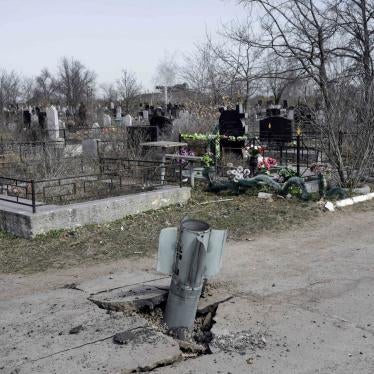The success of a treaty depends on strong national implementation measures because the words on paper are only as good as they unfold in practice. Recognizing this fact, the Convention on Cluster Munitions makes the adoption of such legal and administrative measures an obligation under Article 9.
States’ fulfillment of this obligation, however, has slowed over the past few years. While 32 states have enacted specific legislation implementing the convention and 43 consider existing legislation sufficient, according to the latest Cluster Munition Monitor, no State Party has adopted new legislation since Namibia did so in March 2019. That level of inactivity should be unacceptable. We appreciate the update that Laos has just provided on its progress toward implementing legislation.
The Lausanne Action Plan seeks to improve progress in this area by establishing a deadline and encouraging the provision of international cooperation and assistance to help states meet it. The plan commits States Parties to adopt appropriate national measures by the Eleventh Meeting of States Parties or within two years of the convention’s entry into force. In particular, States Parties should consider “enacting legislation prohibiting investments in all producers of cluster munitions and their crucial components.”
The plan also calls on States Parties to highlight challenges they face in revising or adopting legislation and to request assistance where necessary; other states in a position to do so should in turn respond to those requests.
There are several models states can follow to expedite the adoption of national legislation. New Zealand has disseminated a model law for small states that neither possess nor are contaminated by cluster munitions. The ICRC has issued model legislation for common law states.
Human Rights Watch and Harvard Law School’s International Human Rights Clinic have identified key elements of strong legislation, and the Cluster Munition Coalition has developed a model law based on those elements.
In conclusion, we want to thank New Zealand for leading the implementation efforts on this important area of work under the convention.
We urge States Parties to live up to their Article 9 obligation and to their Lausanne Action Plan commitments. In so doing, they can reinvigorate the convention’s national implementation process and help maximize the effectiveness of this humanitarian instrument.
Thank you.








